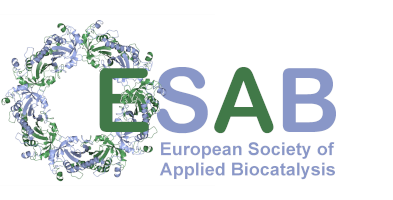Teaching biocatalysis: how to turn multidisciplinary competences into interdisciplinary skills?
Abstract
In the last 25 years I have been teaching applied biocatalysis in different Master's programs and PhD courses. Along these years, biocatalysis, students and I have changed a lot. Biocatalysis has become more important and efficient thanks to an interdisciplinary development. Hence, the educational challenge is to teach biocatalysis in current Master’s programs that often do not straightforwardly blend chemistry and biology.
Students in life sciences, chemistry, pharmacy, and food sciences have an elementary understanding of some aspects of biocatalysis, but a course (or a module) that covers all (or most) the aspects involved in setting up a biocatalytic process at preparative level is often missing.
Here I share some viewpoints from my experience with all those interested in teaching biocatalysis. Stimulating the exchange of ideas and solutions for a better, interdisciplinary educational approach to biocatalysis is the goal of this presentation.
About the Speaker(s)
 Francesco Molinari earned his PhD in Organic Chemistry in 1992 under the supervision of Prof. Cesare Gennari and stayed as post-doc at the Department of Chemical Engineering of the Instituto Tecnico Lisboa (tutor prof. Joaquim Cabral; research topic: Development of membrane reactors for biotransformations). Since 2015 he is full professor at the department of Food, Environmental and Nutritional Sciences-DeFENS (University of Milan). His primary scientific interest involves the development of biocatalytic methods for the preparation of molecules of food and pharmaceutical interest with 152 publications in peer reviewed journals. He teaches fermentation biotechnology and applied biocatalysis.
Francesco Molinari earned his PhD in Organic Chemistry in 1992 under the supervision of Prof. Cesare Gennari and stayed as post-doc at the Department of Chemical Engineering of the Instituto Tecnico Lisboa (tutor prof. Joaquim Cabral; research topic: Development of membrane reactors for biotransformations). Since 2015 he is full professor at the department of Food, Environmental and Nutritional Sciences-DeFENS (University of Milan). His primary scientific interest involves the development of biocatalytic methods for the preparation of molecules of food and pharmaceutical interest with 152 publications in peer reviewed journals. He teaches fermentation biotechnology and applied biocatalysis.
